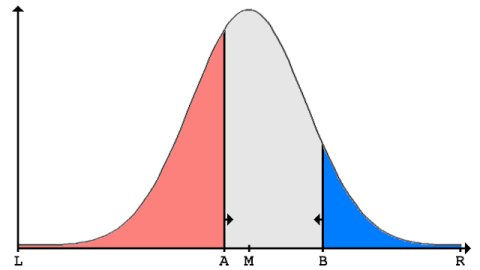The Political Attack on Political Science

Last week the House voted 218-208 to block the National Science Foundation from funding political science research. No other type of research would be blocked by the NSF budget amendment. The NSF could still continue funding research in sociology, anthropology, and economics. The amendment would free up money for research in other fields. But since the amendment wouldn’t affect the total size of the NSF budget, it wouldn’t actually save the government any money.
Why single out political science? Political science may not be a science in the same sense that nuclear physics is, but that doesn’t mean it isn’t rigorous or socially valuable. The NSF’s social science budget was less about 1.2% of its $7.8 billion total budget for 2012. But the NSF estimates that money provides as much as 63% of federal support for basic academic research in the social sciences. Political science grants are just a fraction of that social sciences budget, but they constitute an enormous part of the total funding for political science.
Political science is relatively inexpensive after all; you don’t need to build large particle accelerators to study politics. But because political science has relatively few commercial applications, there’s not much money outside of the NSF to fund major research in political science. Nevertheless political science research helps us understand all our major policy issues. As the blogger PM puts it, “the alternative to good social science is not no social science, but bad social science.”
The amendment’s sponsor, Rep. Jeff Flake (R-AZ), said he didn’t want the NSF to “waste taxpayer dollars on a meritless program.” The vote to cut funding to political science fell largely along party lines, with only 5 Democrats voting for the amendment and 28 Republicans voting against it. It’s not the first time that Republicans in Congress have tried to cut funding for political science research. In 2006 Sen Kay Bailey Hutchison (R-TX) threatened to cut social sciences out the NSF budget. And in 2009 Sen. Tom Coburn (R-OK) proposed prohibiting the NSF from “wasting any federal research money on political science projects.”
Flake, who has an M.A. in political science, objected in particular to a $700,000 grant to a study—which is actually being done through the engineering department at Dartmouth—of the effectiveness of international climate change negotiations. He also singled out for ridicule a $625,000 study of whether democracies change entitlement spending in response to popular demand or to narrow special interests. Whether either of these particular projects is really worth the money is up for debate. Neither sounds particularly frivolous to me, but certainly not every grant that’s given out is worthwhile. In any case, you could also point out that NSF grants produced invaluable data through American National Election Studies and General Social Survey projects, or list the numerous projects the NSF has funded that have helped us understand how to prevent war and fight terrorism. In general, a project has to be very compelling to win a major NSF grant. 80% of all proposals are turned down.
Flake denies that he’s politicizing the funding of political science research, but by questioning the judgment of the scholarly panels who evaluate NSF grant proposals, that’s exactly what he is doing. It’s probably not a coincidence that the Republican Flake objected to a study of climate change policy. In 2009 Coburn singled out funding to the Human Rights Data Project, which had found that the U.S. interrogation policies had led to increased human rights violations around the world. Coburn also complained that the NSF had given a grant to Nobel-Prize-winning economist and liberal blogger Paul Krugman. In other words, the attacks on political science funding seem to be more about what political view it seems to support than about the actual quality of the research.
As Penn State political science professor Christopher Zorn writes, Flake is essentially saying we should substitute his judgment for the judgment of the top political scientists who evaluate projects for the NSF. As Zorn says, “It is hard to believe that anyone would take seriously such a call to substitute political for scientific judgment if the program in question was physics, or computer science, or even economics.”
Median voter model chart from Wikimedia Commons





